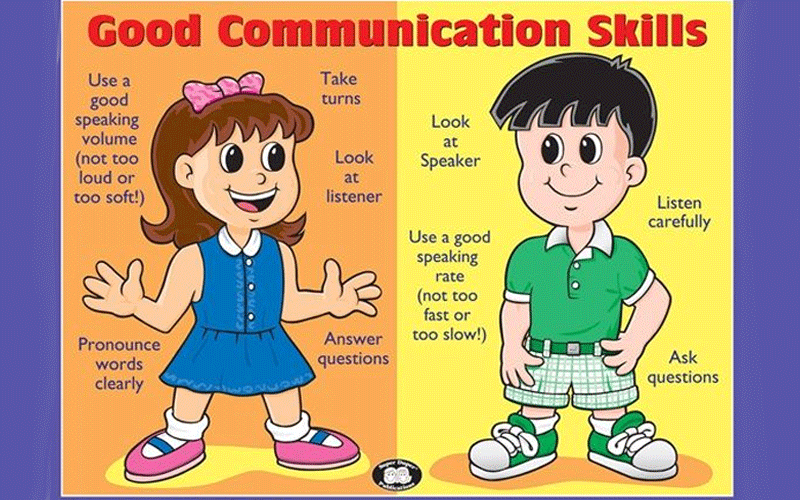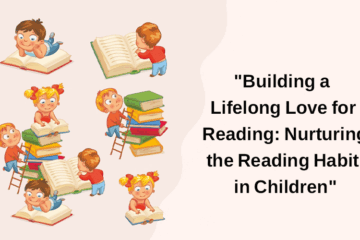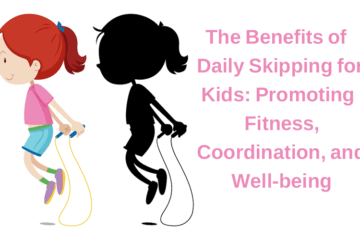Good communication skills are essential for children as they navigate relationships, express themselves, and succeed academically and professionally. Here are some key aspects of developing good communication skills in children:
Active Listening:
Teach children the importance of active listening, which involves paying full attention to the speaker, maintaining eye contact, and responding appropriately. Encourage them to listen without interrupting, ask questions for clarification, and show genuine interest in others’ perspectives and experiences.
Expressing Thoughts and Feelings:
Help children develop the ability to express their thoughts and feelings effectively. Encourage them to use clear and concise language, use “I” statements to express emotions, and express themselves assertively rather than aggressively or passively. Provide a supportive environment where they feel comfortable sharing their thoughts and ideas.
Non-Verbal Communication:
Highlight the significance of non-verbal communication, such as body language, facial expressions, and gestures. Teach children to be aware of their own non-verbal cues and how they can impact communication. Help them understand the importance of interpreting non-verbal cues in others to enhance their understanding and empathy.
Empathy and Perspective-Taking:
Foster empathy in children by helping them understand and appreciate different perspectives. Encourage them to put themselves in others’ shoes and consider the feelings and needs of others. Teach them to respond with empathy, kindness, and understanding when communicating with others, fostering positive and respectful interactions.
Conflict Resolution:
Guide children in developing conflict resolution skills, such as active listening, expressing their viewpoint calmly, and finding mutually agreeable solutions. Teach them negotiation and compromise skills, as well as the importance of respecting others’ opinions. Encourage them to seek peaceful resolutions rather than resorting to aggression or avoidance.
Articulating Ideas and Thoughts:
Support children in articulating their ideas and thoughts clearly and confidently. Encourage them to organize their thoughts before speaking, use appropriate vocabulary, and practice effective communication techniques such as storytelling or presenting information. Provide opportunities for public speaking or sharing ideas in a group setting to build their confidence.
Digital Communication Etiquette:
In today’s digital age, it is essential to teach children about proper etiquette and responsible behavior when communicating online. Teach them about the importance of respectful online interactions, avoiding cyberbullying, and maintaining privacy and safety. Encourage them to think critically about the information they share and evaluate the credibility of online sources.
Role-Playing and Practice:
Engage children in role-playing activities or discussions where they can practice different communication scenarios. This helps them develop problem-solving skills, empathy, and effective communication strategies. Provide constructive feedback and guidance to help them improve their communication skills over time.
Remember that developing good communication skills is an ongoing process. Encourage children to practice these skills consistently and provide them with a supportive and nurturing environment to grow their communication abilities. By cultivating effective communication skills, children can build strong relationships, succeed academically and professionally, and navigate the complexities of the world with confidence.





